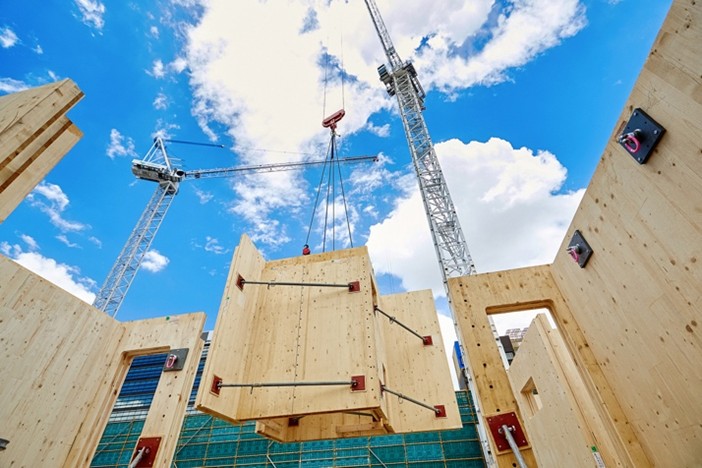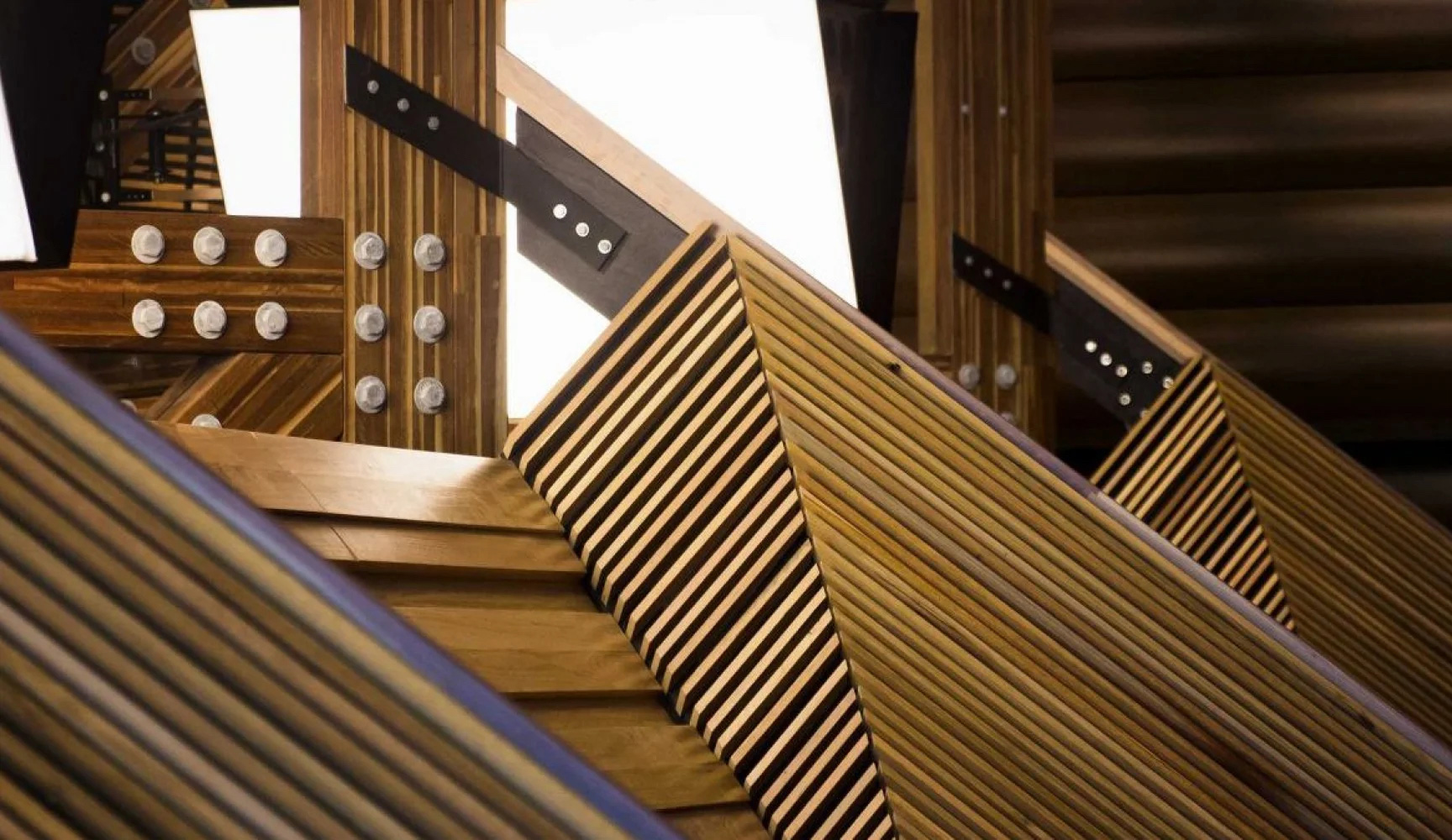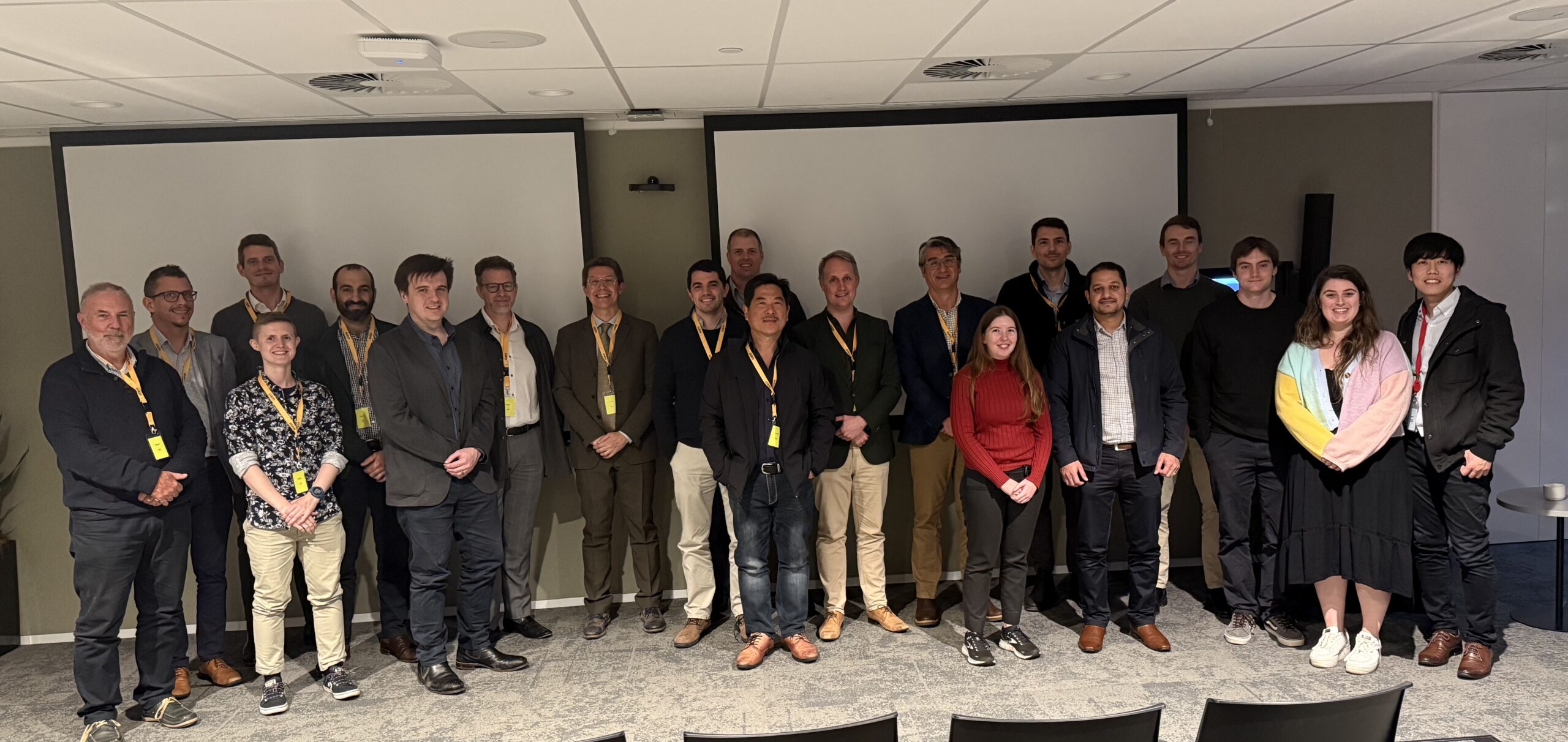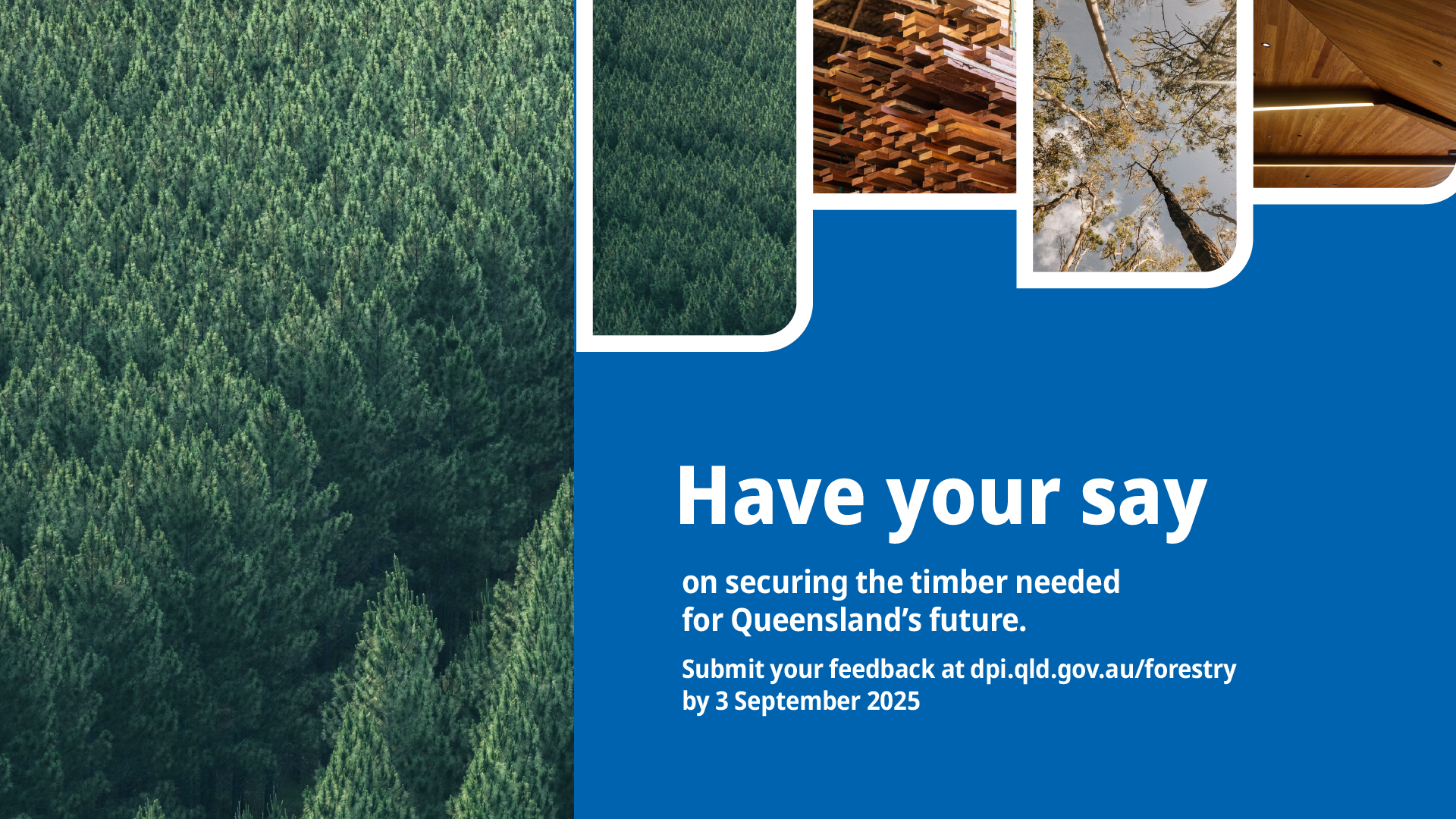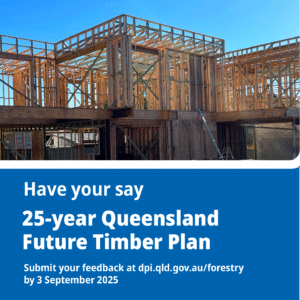The ARC Advance Timber Hub are pleased to advise we have a HDR Opportunity available at The University of Queensland- St Lucia Campus.
Hub Node: Design for Extended Building Life
Hub Project: Circular (re)design to enable disassembly and reuse of mid-rise timber buildings.
Program: PhD
Location: The University of Queensland- St Lucia Campus
Research area:
This research project aims to advance the understanding and adoption of circular design strategies in timber construction by examining the relationship between architectural design, circularity levels, and environmental impact in Design for/from Disassembly of mid-rise mass timber buildings (MTBs), and identifying implementation pathways suited to the Australian timber construction sector, including the development of frameworks, design guidelines, and tools.
Key research areas include:
- Circularity Assessment: Exploring design for adaptability, disassembly, reuse, and other circular strategies to extend the lifespan of MTBs and optimise resource efficiency.
- End-of-Life Scenarios: Evaluating the deconstruction, disassembly, and reuse potential of existing mass timber structures to assess long-term sustainability and resource recovery.
- Research by Design: Applying and validating new fundamental knowledge to develop more integrated design approaches for circularity in MTBs.
Link to opportunity:
Circular (re)design to enable disassembly and reuse of mid-rise timber buildings in Australia
Image courtesy of AJ_MOLLER
